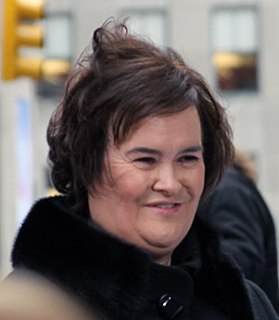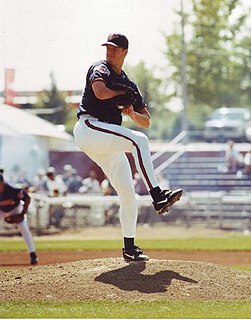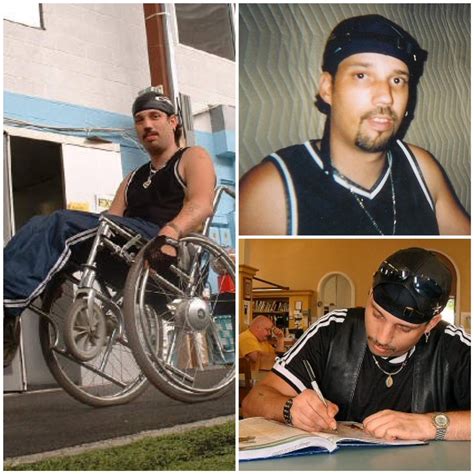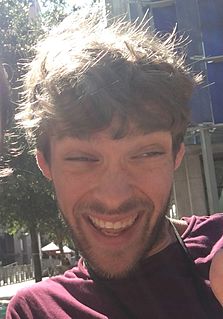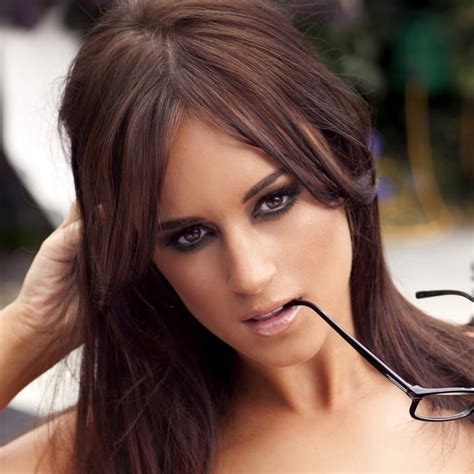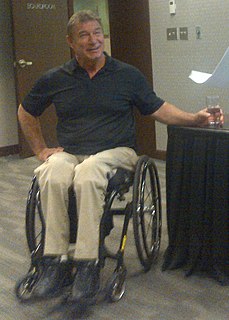A Quote by Itzhak Perlman
Every person with a disability has a slightly different kind of disability. Not everybody has the same problems. Usually the wheelchairs are the wheelchairs. It's the same height and so on. It's a problem.
Related Quotes
A savant, by definition, is somebody who has a disability and, along with that disability, has some remarkable ability. Prodigies and geniuses have the remarkable abilities that the savant shows, but they do not have a disability. So, by definition, a savant includes someone with a disability, and a prodigy or genius are people who have these remarkable skills but they do not have a disability.
We fill our lives with all sorts of things that make it easier for us to get along in the world: wheelchairs, crutches, grabber sticks, hearing aids, canes, guide dogs, modified vehicles, ramps, as well as other kinds of services and supports. Disability does not necessarily mean dependence on other people.
There are millions of people out there ignoring disabilities and accomplishing incredible feats. I learned you can learn to do things differently, but do them just as well. I've learned that it's not the disability that defines you, it's how you deal with the challenges the disability presents you with. And I've learned that we have an obligation to the abilities we DO have, not the disability.
It seems to me that people who don’t learn as easily as others suffer from a kind of learning disability—there is something different about the way they comprehend unfamiliar material—but I fail to see how this disability is improved by psychiatric consultation. What seems to be lacking is a technical ability that those of us called ‘good students’ are born with. Someone should concretely study these skills and teach them. What does a shrink have to do with the process?




